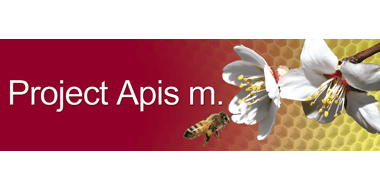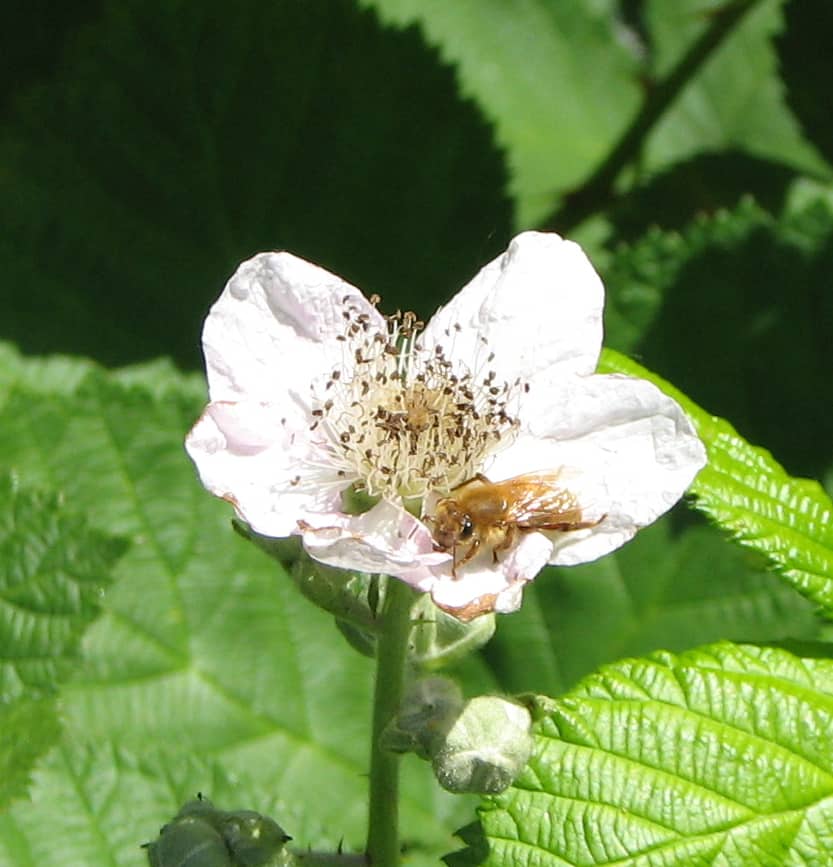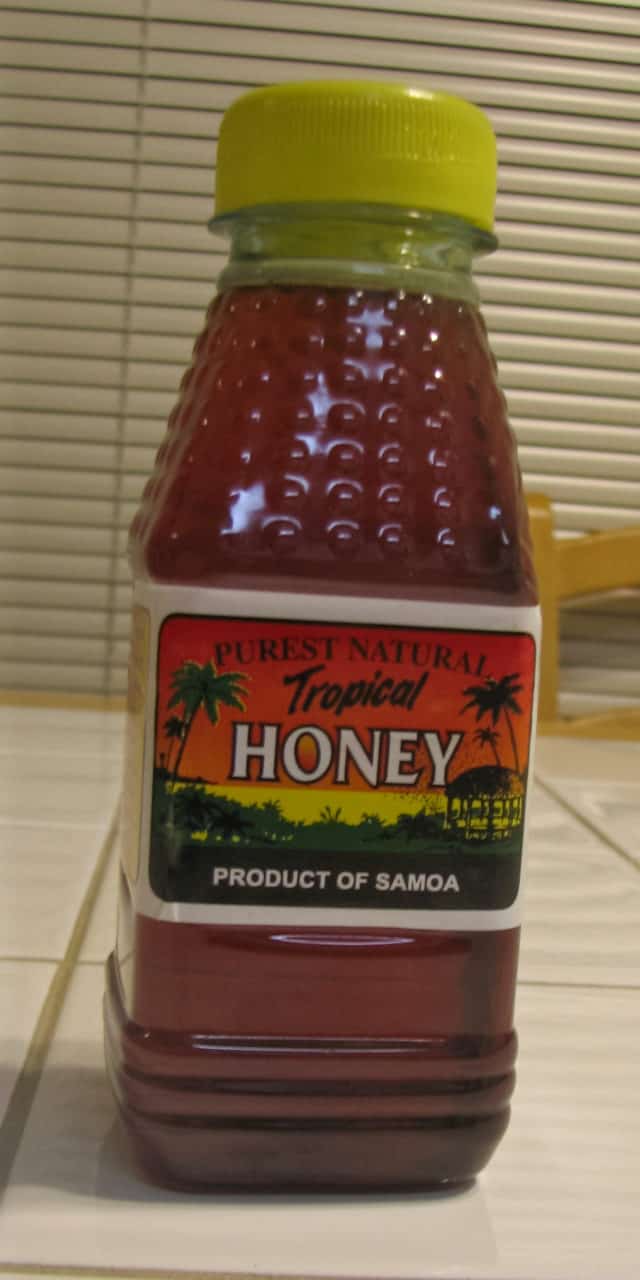Dr. Maryann Frazier at Penn State received funding from Project Apis mellifera (PAm) to run pesticide samples for interested beekeepers at a 50% discount of $80 for each samples for miticides or $142 per sample for the full screen of 171 pesticides, compared to $160 for miticides or $284 for the full 171 pesticide analysis without the cost-share. Beekeepers can send samples of wax, pollen, adult bees, brood, or nectar for analysis. In two to three weeks after the samples are sent in, the beekeeper will be provided with a report of the pesticides in samples, along with information about how those levels compare to…
Author: Katie Lee
American Beekeeping Federation Conference
I spent the last week in Las Vegas at the American Beekeeping Federation (ABF) annual conference. Some years the American Honey Producers, the Apiary Inspectors of America, the American Beekeeping Research Conference, and the ABF all meet together. Joint meetings are the best meetings since so many people make it out. If the meetings are separate, then you either have to choose one meeting or spend more than one week traveling. This was not a joint meeting, so attendance was down, but there were some fantastic talks. I am going to give a quick summary of some the talks I saw and summarize what I…
Hive Beetles in Paradise
My primary purpose for going to Hawaii was to share and show Hawaiian bee breeders the type of work we are doing with the California bee breeders, and to see if they would be interested in participating in the future. It was also to train the two women I talked about in my last post, Danielle Downey Lauren Rusert, to assess colonies and take samples the same way we do in CA. This way, they will be able to work with the bee breeders in the future and be a part of the BIP. I visited a total of four beekeepers during my visit and…
Coconuts
I ended my day last Thursday by using a hive tool to break into a fresh coconut with Lauren Rusert on the Hawaiian island of Kauai. From December 4-18, I was in Hawaii working with the queen breeders to introduce them to the BIP program. Lauren and her boss Danielle Downey run an apiary program for the beekeepers across the Hawaiian Islands. They run tests for beekeepers, certify for shipping queens, teach classes, take samples for the National Survey, monitor for swarms, along with a host of other tasks. The program has been in operation for just over a year, and they have really established…
Tying Knots
Knots can be an important part of keeping bees, which is kind of unfortunate for me since I really struggle with both learning and remembering how to tie different types of knots. One beekeeper we went to had issues in the past with lids flying off die to wind. Their solution was to use rope to keeps the lids down and protecting the inside of the colonies, so we had to learn how to tie the knots to properly close up the colonies after sampling. I took a few pictures to help me remember. The ropes are long enough to reach under the pallet the…
The Promised Land 2: the airing
This week on National Public Radio, the Public Media program The Promised Land broadcasted the story on Marla I wrote about previously. It is a pretty good listen. Marla talks about how she got into bees, propolis, the Bee Squad for small time beekeepers, about the Bee Tech-Team we do, among other things. One of the beekeepers we work with, Bob Koehnen was interviewed and you can hear him talk about his operation. You can also hear me maniacally laugh in the background. Give it a listen! http://www.thepromisedland.org/episode/15-marla-spivak
Honey without Pollen
There has been an article circulating the bee world that I find really interesting and a bit disturbing. It is about how much of the honey purchased in stores lacks pollen. What happens is during the filtration stage of honey extraction, the company uses a really fine filter to remove anything that isn’t honey, so pollen, wax, propolis, bee parts, etc. To get it through the fine filter, it needs to be heated pretty high, which changes the taste of the honey. I am a big fan of straining out the random bee bits in the honey, but, to me, removing the pollen from honey…
Hive tool to the rescue
Cooking is a hobby I really enjoy. I am not terribly good at it, but I like to practice. Farmer’s Markets are my favorite place to shop since you can get fresh produce and chat with some of the people who put it on your table. I purchased some kale the other weekend and decided to sauté it in a bit of olive oil and salt – properly done it tastes like popcorn. However, the oil got too hot and melted my spatula into my cast iron skillet. It took me a while to figure out how to save my beloved pan, but it came…
Samoan Honey
Dan Gordon, a hobby beekeeper and his wife, Becky, were kind enough to have me over for dinner last week. Besides cooking the best squash dish I ever had, he gave me a jar of honey. This was no ordinary honey. He purchased it from the only commercial beekeeper in the small country of Samoa in the South Pacific. The beekeeper has one of the best jobs you can do from home, owning the Tropical Honey Company. The jar label reads “This is pure natural tropical honey, with a unique flavor, is gathered from a variety of nectar sources found in the plantations and rainforests…
California Bee Breeders Conference
Last week was the California Bee Breeder’s Association meeting. Mike, Rob and I attended and Dennis flew in from the East to go. I always enjoy the meetings in a large part because we get to watch all these independent personalities interact. We work with each beekeeper individually and get to know them, but only at the meetings do we really see this bigger image of how they all fit together. Sure, they disagree (and can be pretty vocal about it), but their goals are the same in that they all want to breed the best bees possible. If it helps their bees, they will…



